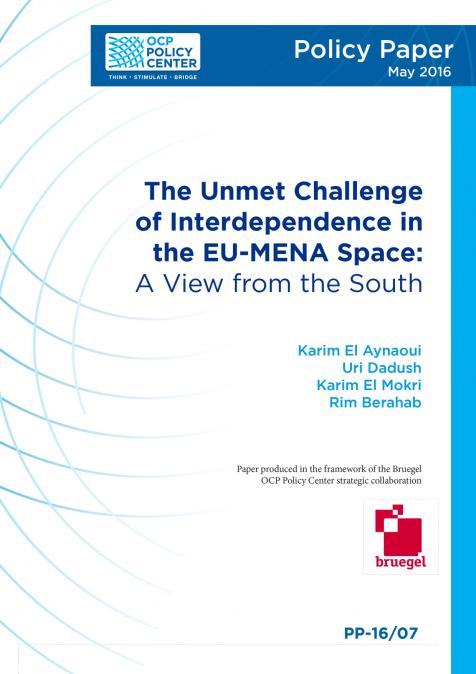Podcasts
WTO Accessions and Trade Multilateralism
This podcast is performed by Chiedu Osakwe. On the occasion of the publication of a book on 'WTO Accessions and Trade Multilateralism Case Studies and Lessons from the WTO at Twenty' co-authored by Uri Dadush, Senior Fellow Policy Center for the New South and Chiedu Osakwe, Director of accessions at the WTO, we conducted an interview with Dr. Osakwe. It covered how WTO accessions have contributed to the rules-based multilateral trading system at different levels. It also questioned the future role of the WTO in the light of the Doha round difficulties.









